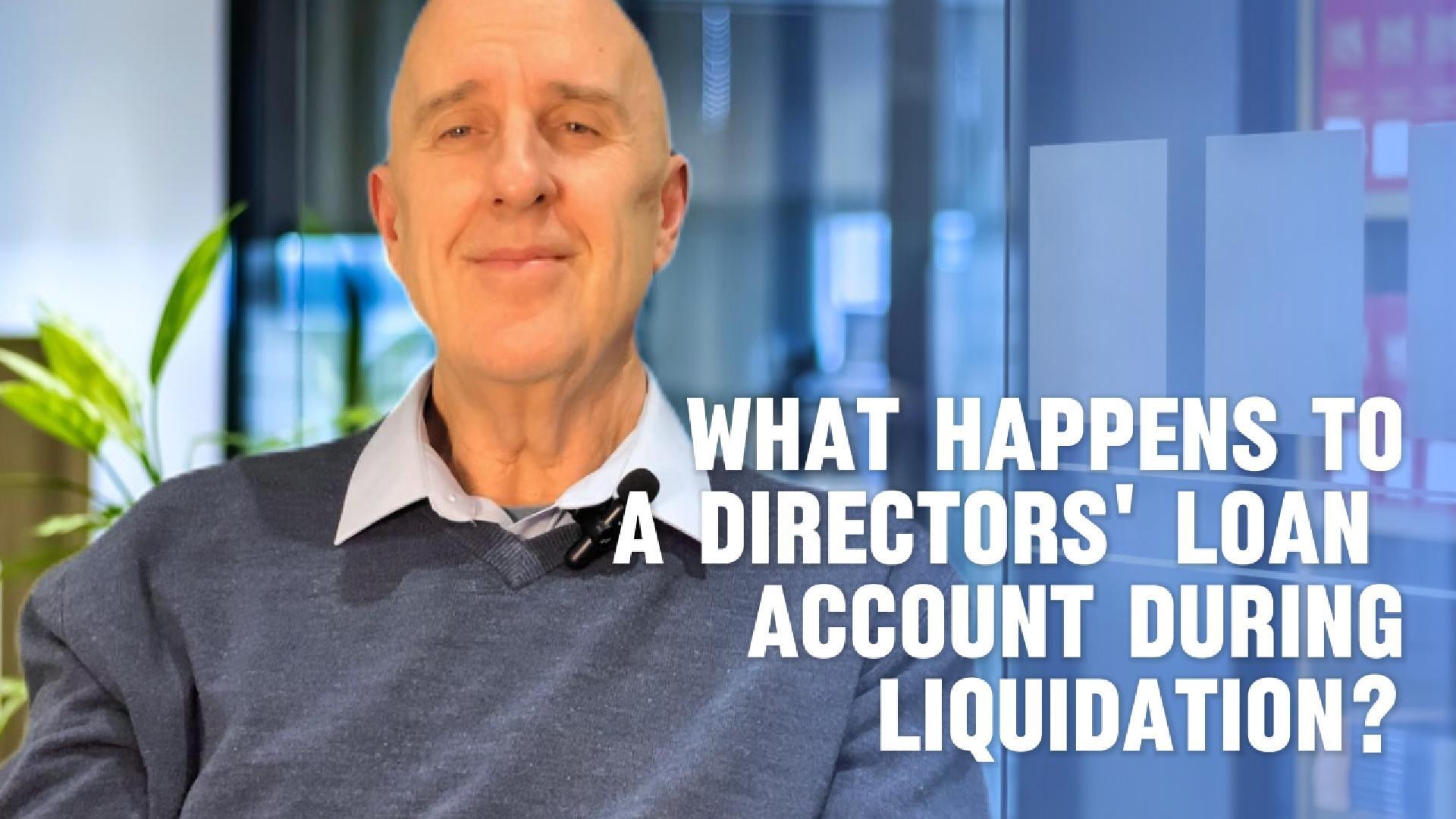
Understand your company's position and learn more about the options available
Require Immediate Support? Free Director Helpline: 0800 644 6080
Free Director Helpline: 0800 644 6080
Updated:
You can liquidate a limited company with an overdrawn director’s loan account, however, this money the limited company is owed by its director(s) will need to be recovered as part of the liquidation process. Read our article on what is an overdrawn director's loan account to understand what it means to borrow money from your company, and how the repayment process works.
The transactions held in your director’s loan account (DLA) represent the funds you’ve invested in your company, and the money you’ve withdrawn that isn’t via PAYE or a dividend payment.
If you withdraw more money from the company than you have invested, not including salary and dividends, the director's loan account becomes overdrawn. Although overdrawn directors’ loan accounts aren’t necessarily an issue when business is good, they do take on specific significance when a company enters liquidation.
Essentially, the funds you’ve taken are owed to the company and appear on its balance sheet as an asset to be collected in by the liquidator.
Free 60 Second Test
For Ltd Company Directors
What are you looking to do?
Choose below:

Get a Quote Find Your Nearest Office
The liquidator’s overall responsibility is to the company’s creditors – they have a duty to realise the business’ assets and collect in all debts for the benefit of creditors. Although there is a legal separation between you and the company, in these instances directors’ loans cannot simply be written off when the business experiences financial difficulty.
Operating an overdrawn director’s loan account during the time leading up to insolvency, and when the company enters liquidation, can have serious repercussions if it’s later found that you took a loan from the company that couldn’t be financially supported at the time.
“Called for help with closing non-trading companies and Chelsea advised me on what to do and instead of taking advantage as others would by taking on the case and charging loads. She gave me a solution that would cost £20. Very pleased with the service and thankful for Chelsea’s advice.”
AB
So what should you do if you’re worried that your business will be liquidated and you’re running an overdrawn director’s loan account? It’s vital that you seek professional support as soon as possible, to find out your best options, including whether it's possible to come to an arrangement over the repayment of a director's loan.
UK’s number one for director advice
We handle more corporate insolvency appointments than any other UK firm; demonstrating our commitment to helping directors and business owners in financial distress.
The team are available now - 0800 644 6080
This is a complex area of business, however, particularly when a company declines. If you’d like to find out more about directors’ loan accounts and liquidation, and whether you can write off or come to an arrangement with your director's loan, Real Business Rescue can help.
We’re insolvency specialists and will provide independent advice on your situation. Please contact one of the team to arrange a free same-day consultation at one of our network of offices nationwide.
Still unsure whether liquidation is right for your company? Don't worry, the experts at Real Business Rescue are here to help. Our licensed insolvency practitioners will take the time to understand the problems your company is facing before recommending the best course of action going forward based on your own unique circumstances.

Complete the below to get in touch
For Ltd Company Directors
What are you looking to do?
Choose below:
We provide free confidential advice with absolutely no obligation.
Our expert and non-judgemental team are ready to assist directors and stakeholders today.

Understand your company's position and learn more about the options available

Find your nearest office - we have more than 100 across the UK. Remote Video Meetings are also available.

Free, confidential, and trusted advice for company directors across the UK.